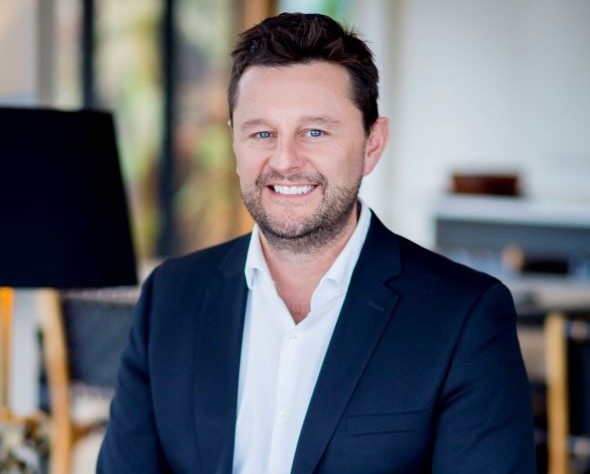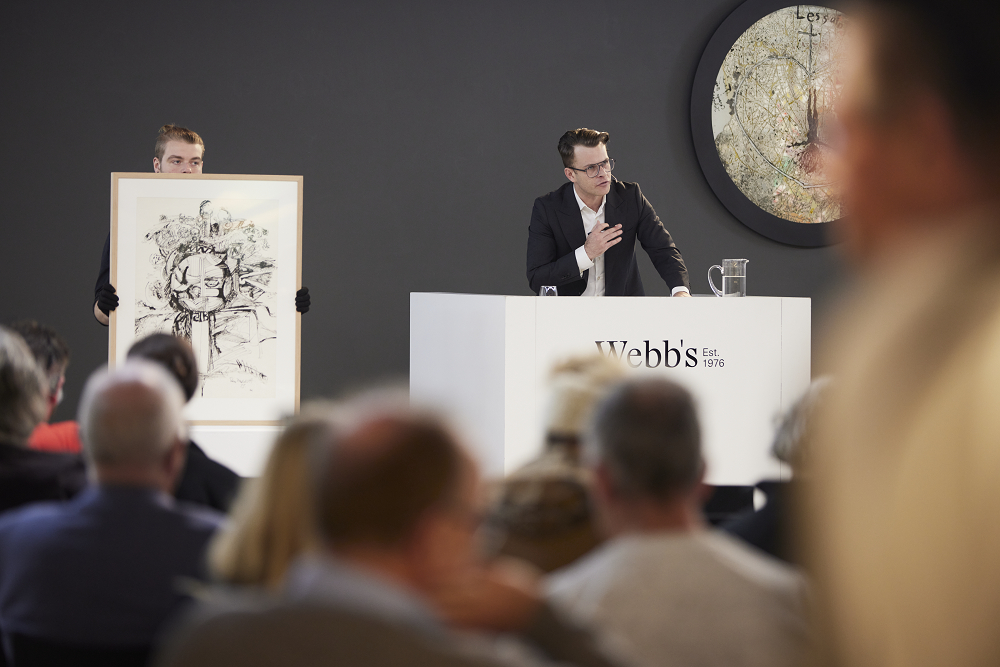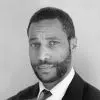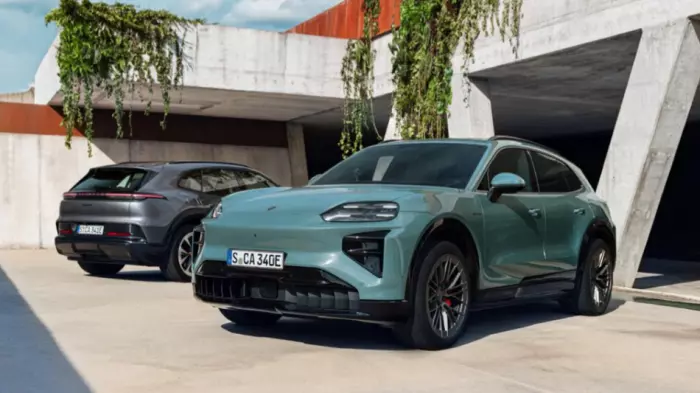The past year has seen the net worth of the world’s wealthiest people surge, as record-low interest rates have driven an increase in asset prices and a global stock-market boom. With more money than ever in their pockets, New Zealand’s richest have adapted some of their spending and investment habits in the covid-hit world.
According to experts in the high-net-worth sector, lavish real-estate assets, bold stock-market investment strategies, luxury cars, jewellery, and art are the preferred spending options for New Zealand’s 1 percent right now.
Real estate remains a top priority, despite recent government reforms intended to cool the market. Mark Harris, co-founder and managing director of New Zealand Sotheby’s International Realty, says the pandemic and recent policy changes have not dampened Kiwis’ appetite.
“There has been an uptick since last June, and consecutively, each month has been the best month we’ve had,” he says. “It has been a remarkable recovery off the back of lockdown.”
Lifestyle blocks, and homes around the southern lakes, are in hot demand, with many Aucklanders among the buyers, Harris says.
“Waiheke is also on an unbelievable run. We are getting multiple offers on listings and are running out of stock. There’s a lot of demand in the $10 million-plus range. We see activity from Kiwis overseas and Aussies looking for New Zealand lifestyle properties.”
Government reforms to curb residential property investment have not had any impact on the rich because, as buyers, they are less reliant on leverage, Harris adds. “At the moment, it’s just a lack of stock affecting things.”
In addition to residential real estate, wealthy New Zealanders are making “plenty of enquiries” about commercial property, he says. “We’ve seen some pretty substantial commercial property investments.”
 Sotheby's Mark Harris. Photo: Supplied.
Sotheby's Mark Harris. Photo: Supplied.
The high-end car market has also enjoyed a boom. Shaun Summerfield, of Auckland luxury car dealership Giltrap Prestige, says sales have been “more resilient than expected” after the lockdowns, with recent heightened demand fuelled by the government’s “feebate” scheme, or clean car discount.
“It has remained consistent,” Summerfield says. "The [feebate scheme] has created more interest across the network, with the growing Audi E-Tron range. There are a lot more electric vehicles at the higher end, such as the Porsche Taycan, and brands like Lamborghini and Bentley will feature electrification across their entire model ranges within five years.”
Summerfield says the traditional sports-car market has remained resilient, with the likes of Lamborghini, Bentley and another favourite, Aston Martin, enduringly popular with wealthy buyers. However, a logjam in the international supply chain has affected availability.
“There’s a global squeeze, due to a variety of reasons, including semiconductor supply. As a result, the delivery times for some cars can be longer.”
Specialist auctioneers Webb’s have also seen a rise in demand over the past year, with wealthy individuals seeking collectable items across the jewellery, art, and prestige-car markets.
Charles Ninow, Webb's head of art, says a broader range of buyers has emerged for prestige art pieces, especially works with “cultural capital” and significance. “All of the old buyers are there, but something has changed. There’s a huge volume of new buyers, and the market is getting bigger and younger.”
Ninow says works by prominent artists such as Tony Fomison have attracted record valuations in recent months. Two of his paintings recently sold for more than $500,000 each.
Works by Colin McCahon, Philip Clairmont and Gretchen Albrecht have also attracted record valuations, Ninow says. “Vendors are attracting great prices, and that is bringing more amazing paintings out of the woodwork.”
Beyond the art world, high-value collectables have also attracted lofty price tags. A rare Audemars Piguet Royal Oak watch recently sold for $100,000 at a Webb's auction.
Wealthy buyers have also shown keen interest in 1970s sports cars, such as Porsches, and other more unconventional vehicles. A 1970 Ford XW Falcon GT-HO Phase II sold at auction for more than $432,000 in March.
 Webb's Charles Ninow. Photo: Webbs.
Webb's Charles Ninow. Photo: Webbs.
While some spending patterns look familiar, investment habits among the rich have changed since the pandemic hit, according to Jack Powell, an adviser at Private Wealth Advisers, which handles portfolios for high-net-worth clients.
Before covid, wealthy Kiwis sought safe investments, anticipating a market correction following a long bull market. Although markets tanked in March last year, they have recovered strongly, aided by record-low interest rates and government stimulus packages. As the boom continues, clients have readjusted.
“People are becoming more aggressive with their investment strategies,” Powell says. “There’s the acronym TINA, which defines the market right now: ‘there is no alternative’. Everyone is going into the sharemarket, and there are staggering statistics about the market.”
Alternative assets have also captured the imagination of the wealthy, as traditional fixed-income products deliver meagre returns in a low-interest-rate environment.
Local venture capital funds, such as those managed by Icehouse Ventures, have attracted investors, Powell says. “People are looking at private equity and private credit offerings. There’s a domestic focus with private equity, while global private credit funds have been popular.”
Amid concerns over inflation, he says, many high-net-worth clients have rotated out of growth stocks and into value shares, which have historically offered steadier returns. Clients have taken varying approaches. “Some believe that they are not overexposed to growth assets, as they think the low-interest-rate environment will be around for much longer. Others think we are going into higher sustained inflation and moving into value. There’s a massive split.”
Powell believes property investment looks less attractive to the rich following the government’s housing reforms: “The yields are so low [on residential property] and valuations are so high.”
He says yields on commercial real estate could also come under pressure from rising interest rates.
Diversification remains a key factor for wealthy clients, Powell says. “Clients need diversification and downside protection. Sitting on the sidelines in this environment doesn’t make a lot of sense to me. We could be in this environment for five or six years, so you need to invest, but invest with caution — and have an exit strategy.”















